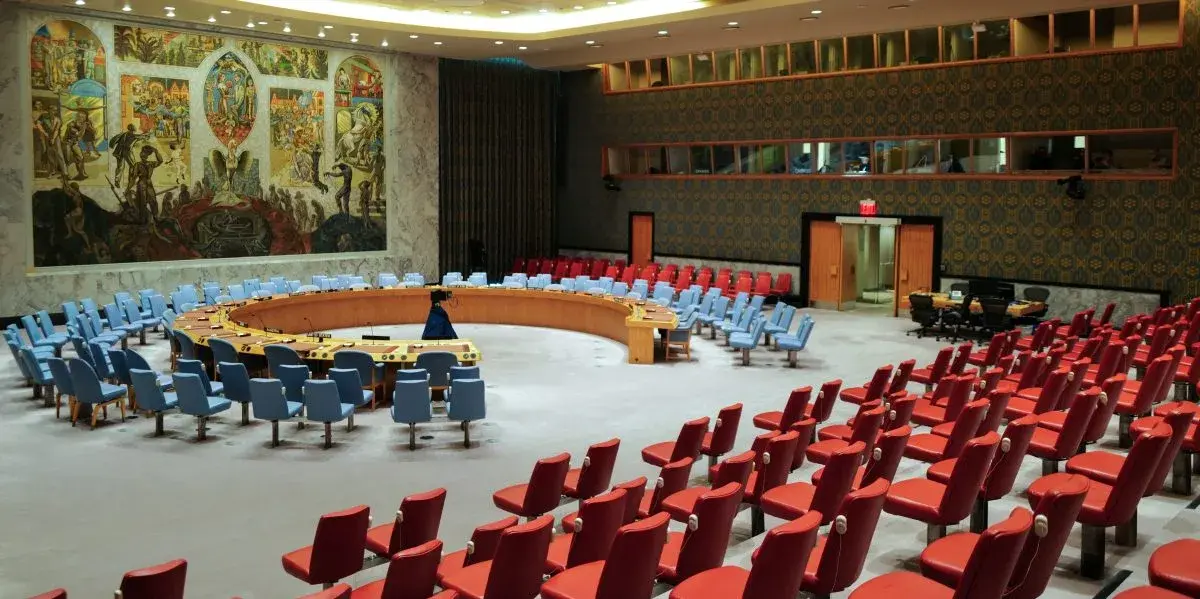- cross-posted to:
- palestine@lemm.ee
- cross-posted to:
- palestine@lemm.ee

their veto to recognize them at the UN was also a pretty big clue.

It’s going to be really depressing to see how little people care about this when the split is 49% to 49% in November too.

How would this factor into November? Neither Biden nor Trump will acknowledge Palestinian statehood.

That’s kinda the point. It says something about your principles when you just kind of ignore that your guy is just as bad as Trump on any issue.
Dems have a primary candidate who would oppose Israeli genocide: Marianne Williamson. Her stated principles fall far more in line with what Democrats claim to support, but she’s gotten zero delegates in the primary, whereas Genocide Joe is already the presumptive nominee.

Yes, but she’s not going to be part of this election, for all sorts of reasons both cultural (misogyny, Democratic fear-based-voting pushing people to only unify behind the Party candidate even when they can’t win, her anti-doctor statements [1], etc), and structural ones like primary and debate rules being set by the Party to favor its candidates.
Check my post history if you think I’m pro-Biden; I am most assuredly not.
[1] she has insisted she is anti- pharma-industry, which is totally correct to be, but many of her statements are not actually attacking just pharma companies, but doctors for prescribing things like antidepressants. It’s one thing to question the influence of pharma in medical decisions, but attacking whole classes of treatments is the same as attacking the doctors doing them, and she’s not qualified to be making those kind of statements based on her personal experience with depression.

I mean, you can argue for irrelevance, but it doesn’t change the fact that 49% of the voters are likely to look at Genocide Joe, who is facilitating Israeli pogroms, and lie to themselves about the kind of people they are in order to vote for him.

The US government cares about no people, including its own public.
🤖 I’m a bot that provides automatic summaries for articles:
Click here to see the summary
The lobbying effort, revealed in copies of unclassified State Department cables obtained by The Intercept, is at odds with the Biden administration’s pledge to fully support a two-state solution.
The diplomatic cable includes a rationale for the administration’s opposition to the vote, citing the risk of inflaming tensions, political backlash, and potentially leading to the U.S. Congress cutting U.N. funding.
Asked about the cable and whether its opposition to U.N. recognition of Palestinian statehood contradicts the Biden administration’s position in support of a two-state solution, the State Department did not respond at the time of publication.
A second cable dated April 13 sent from the U.S. Embassy in Quito, Ecuador, relays Ecuadorian Foreign Minister Gabriela Sommerfeld’s agreement with the United States that Palestine should not be recognized for statehood.
“This really shows the extent to which the [Ecuadorian President Daniel] Noboa administration is beholden to the United States,” Guillaume Long, senior fellow at the D.C.-based Center for Economic and Policy Research and former foreign minister of Ecuador, told The Intercept when shown the cable.
According to the first State Department cable, U.N. meetings since the beginning of April suggest that Algeria, China, Guyana, Mozambique, Russia, Slovenia, Sierra Leone, and Malta support granting Palestine full membership to the U.N.
Saved 82% of original text.


